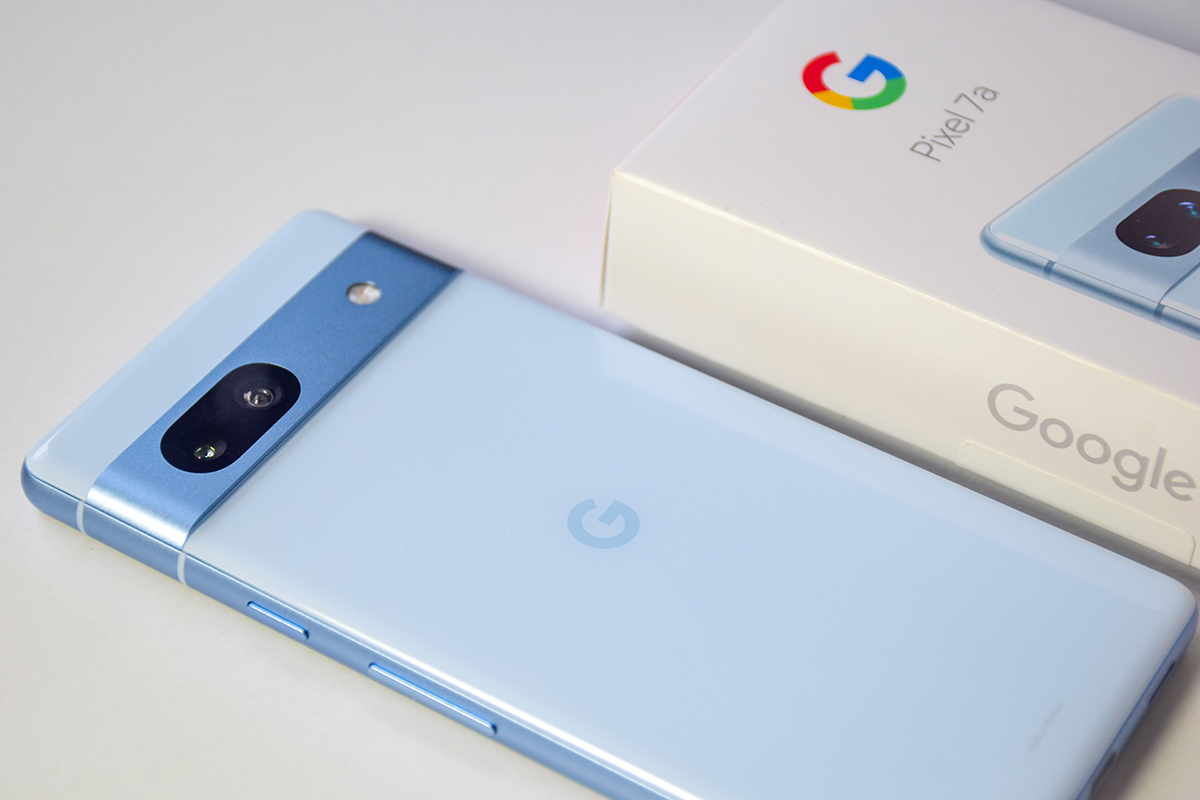Google has taken the wraps off its newest Pixel 9 phones ahead of schedule, stepping up its game against Apple in the fierce competition to embed cutting-edge artificial intelligence (AI) capabilities into smartphones. The launch event, held near Google’s Mountain View, California headquarters, represents a strategic pivot as the Pixel 9 series was introduced two months earlier than its predecessors.
Despite holding a smaller slice of the market, Pixel phones have always been Google’s showcase for the latest Android innovations. The Pixel 9 phones continue this trend, placing a heavy emphasis on AI technology aimed at boosting productivity and easing daily routines. This release aligns with Google’s ongoing mission to weave AI into everyday life, a vision prominently featured since last year’s model.
The new Pixel 9 phones are powered by Google’s Gemini AI assistant, which boasts conversational skills with ten distinct, human-like voices. This assistant is capable of a wide array of tasks, particularly when integrated with users’ emails and documents, positioning it as a formidable rival to Apple’s Siri. Furthermore, the Pixel 9 incorporates a specialized chip for managing on-device AI services, enhancing personal privacy and security by minimizing dependence on remote data centers.
During live demonstrations, the Gemini assistant showcased its versatility, from suggesting creative uses for invisible ink to identifying local concert dates for singer Sabrina Carpenter from a poster image. The latter, although initially inaccurate, eventually provided the correct details, illustrating the ongoing evolution and refinement of AI functionalities.
A notable feature of the Pixel 9 series is the “Magic Editor,” an AI-powered tool that allows users to transform photos by adding elements or changing backgrounds seamlessly. This highlights Google’s dedication to integrating sophisticated AI tools into its devices, offering users enhanced experiences through innovative technology.
The advanced capabilities of the Gemini Assistant come with a $20 monthly subscription fee, which will be complimentary for one year for Pixel 9 purchasers. This $240 value is designed to entice users to embrace the new technology, potentially influencing Apple’s pricing strategies for its own AI services.
The Pixel 9 is priced starting at $800, marking a $100 increase from the previous model. The Pixel 9 Pro ranges from $1,000 to $1,100, depending on the model, while the foldable Pixel phone, introduced last year, is priced at $1,800. These new devices highlight Google’s commitment to providing a range of high-end options in the smartphone market.
Alongside the phones, Google also announced updates to other products, including the next Pixel Watch and wireless earbuds, directly competing with several popular Apple products. This expanded product line signifies Google’s intention to sustain its competitive edge across multiple tech categories.
The launch event occurred amidst significant legal challenges for Google. A recent court ruling declared Google’s search engine an illegal monopoly, potentially leading to regulatory actions that could affect its business operations. Despite this, Google’s latest product launches indicate its resolve to continue innovating and maintaining its market presence.
As Google and Apple prepare for a direct AI face-off, the early release of the Pixel 9 phones underscores the intensifying competition in the tech industry. With both giants striving to integrate more sophisticated AI into their devices, consumers can anticipate a surge of innovative features aimed at enriching their digital experiences.







